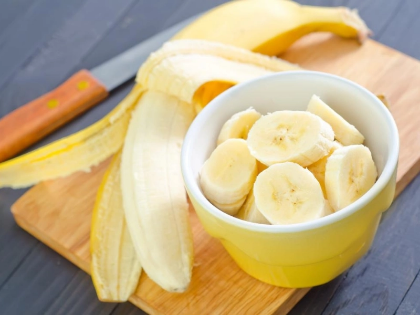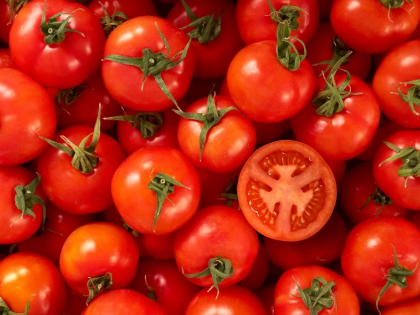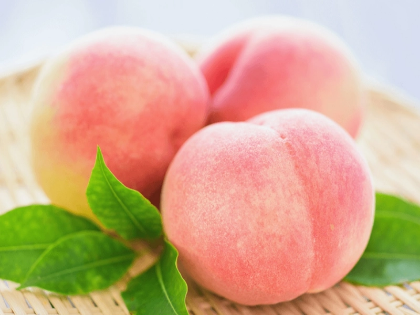Though they have a negative reputation due to their high carbohydrate content, are potatoes actually unhealthy? The solution depends on their level of preparation. Potassium-rich potatoes have the ability to reduce blood pressure. They offer a good dose of dietary fibre as well.
They are also a source of resistant starch, a type of starch that is resistant to digestion and contains prebiotics that support good gut flora. However, consuming large amounts of potatoes can result in intestinal issues.
They raise blood sugar levels.
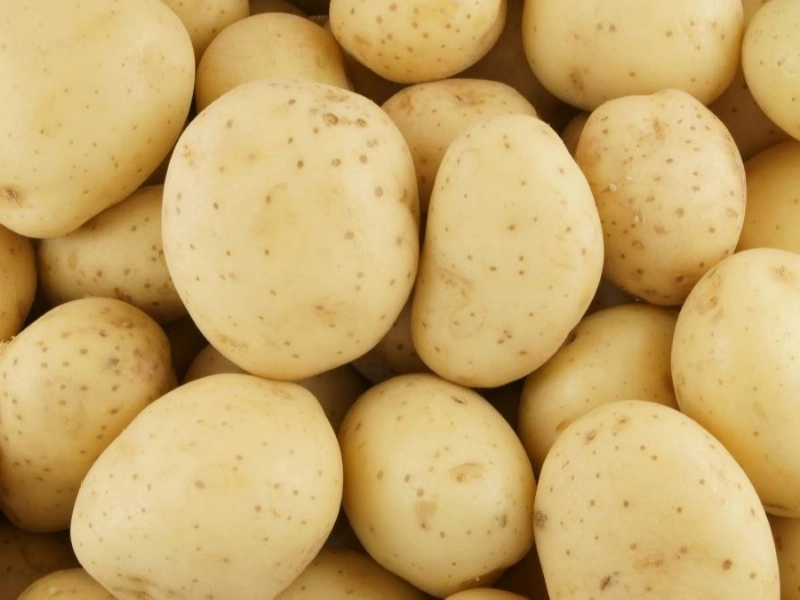
Advertisement
Although potatoes aren't always unhealthy for you, eating too many of them can raise your blood sugar levels. It's okay to consume them in moderation, especially when combined with meat and vegetables. Processed potatoes should also be avoided because they are high in fat and sodium.
Additionally, potatoes contain a lot of resistant starch, which reduces the risk of a blood sugar surge. They include a lot of vitamins and minerals as well. They are a good source of iron, potassium, and vitamin C in particular. But they are also a major source of glycoalkaloids, which can harm the liver in large doses and are poisonous. Always cook your potatoes and keep them in a dark place to reduce glycoalkaloids. More than four days should not be spent storing them.
They are harmful.
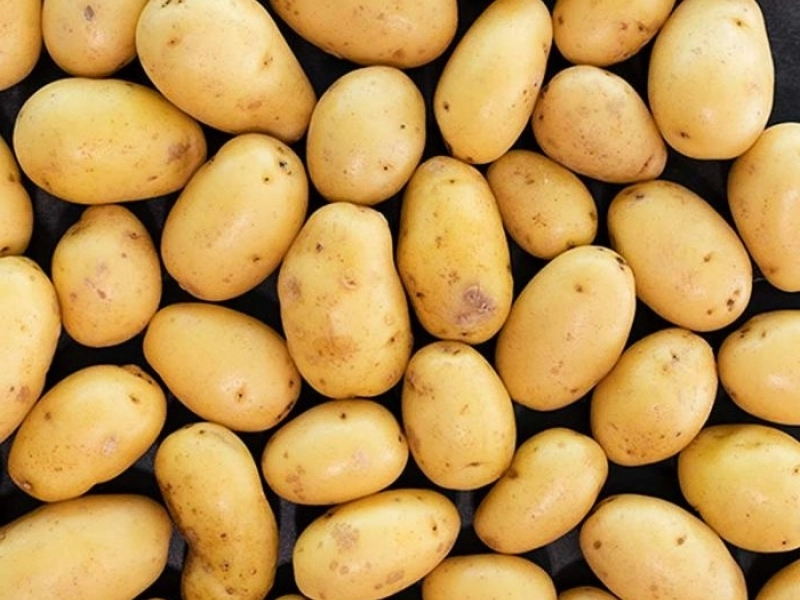
Solanine, a naturally occurring toxin present in various nightshade plants (including eggplant and tomatoes), is also present in potatoes. Small doses of consumption are safe, but eating it raw or sprouted can be harmful. Consuming sprouts can result in poisoning with symptoms like vomiting, diarrhoea, abdominal discomfort, fever, headache, confusion, and death (1, 2). Sprouting causes glycoalkaloid levels to rise.
Potatoes should be discarded if they sprout or if their skin develops green blotches. Chlorophyll, which gives the colour green and is healthy and harmless, is also responsible for the green spots, which are a dangerous sign of too much solanine. Although a potato's solanine content is reduced by peeling, this is not a guarantee. After ingesting solanine, symptoms often start to show up a few hours to a day later (2, 3). (1).
They contain acid.
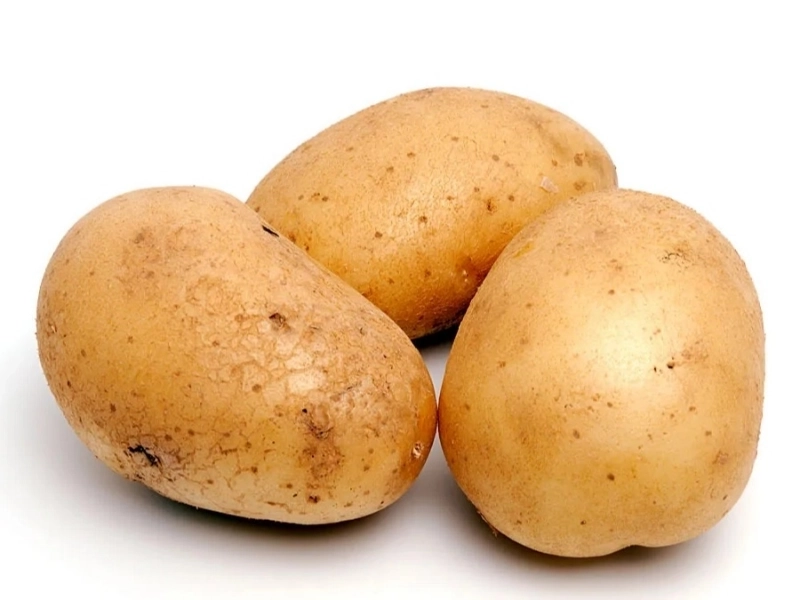
Potassium, which is abundant in potatoes and may replace sodium in the body, can help lower high blood pressure. However, consuming an excessive amount of potatoes may result in the body producing acid and causing gastrointestinal issues. Additionally, acrylamides and lipids, which are linked to heart disease, can be present in high concentrations in processed potato goods like chips.
When prepared properly, potatoes are a food that GERD (gastroesophageal reflux disease) sufferers can safely consume. They have an alkalizing impact on the stomach and don't worsen symptoms of acid reflux. They also offer carbs, vitamin B6, dietary fibres, calcium, potassium, magnesium, and potassium. They are a fantastic option for weight loss because they are low in calories as well. Potatoes' dietary fibres help regulate bowel motions and treat constipation. They also serve as prebiotics, which feed the bacteria in your gut.
They are a diuretic
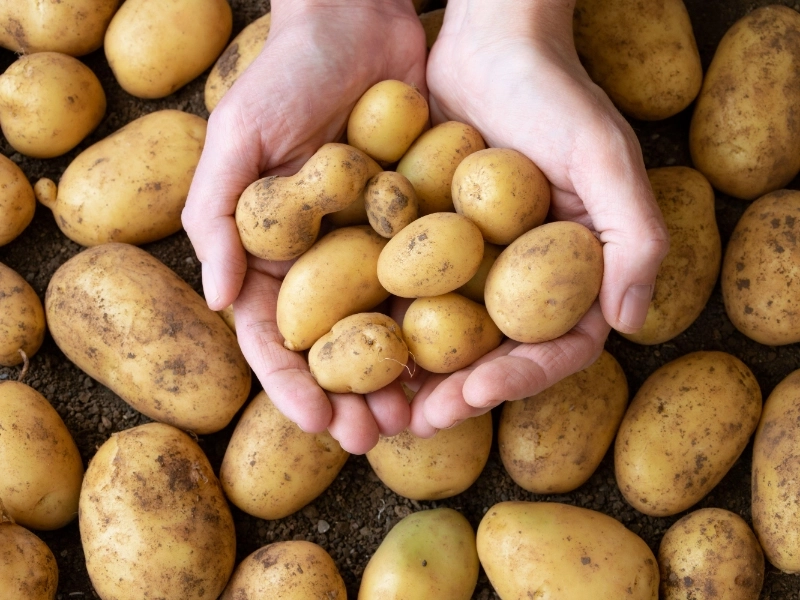
Potassium-rich potatoes are also a natural diuretic. They also include a lot of magnesium, which lowers blood pressure and supports heart health. However, it's crucial to consume them in moderation, as eating too many potatoes can have negative health effects.
The best potatoes to buy are those that are fresh and healthy. Potatoes that are damaged, sprouting, or old may contain harmful substances called glycoalkaloids. These can be harmful due to widespread membrane disruption and are not eliminated by boiling. Toxicity signs include nausea, flushing, and headaches.
In addition, potatoes are an excellent source of vitamins B6 and C. Vitamin B6 is a necessary component that aids in the production of red blood cells and promotes faster healing of wounds. It helps control emotions and facilitates the transmission of nerve impulses.
They are a calcium source.
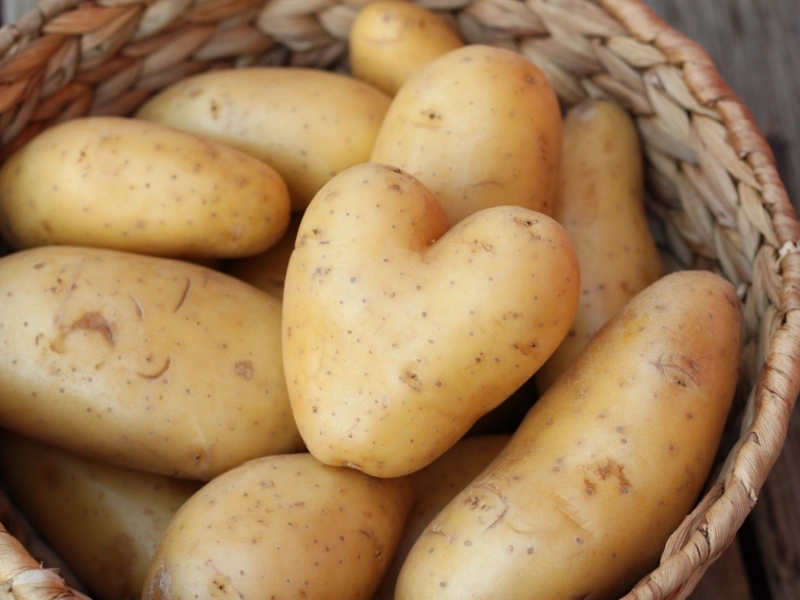
One of the best sources of calcium is the potato. A wide range of additional nutrients are also included in it, such as folate, potassium, and vitamin C. Potassium decreases blood pressure, and vitamin C minimises free radical damage and aids in the body's ability to absorb iron. Folate contributes to DNA synthesis and repair, which lowers the risk of developing cancer.
Potatoes do, however, contain glycoalkaloids, which, when consumed in sufficient quantities, can be harmful. The glycoalkaloid content of potatoes can be kept low by storing them at moderate temperatures and out of direct sunlight.
Potatoes are a strong source of choline, which helps with mood and muscle mobility, in addition to calcium. Additionally, they contain a lot of potassium, which guards the heart against high blood pressure and stroke. They are also a fantastic source of fibre, which promotes healthy digestion and guards against gastrointestinal problems like IBS and inflammatory bowel disease.






